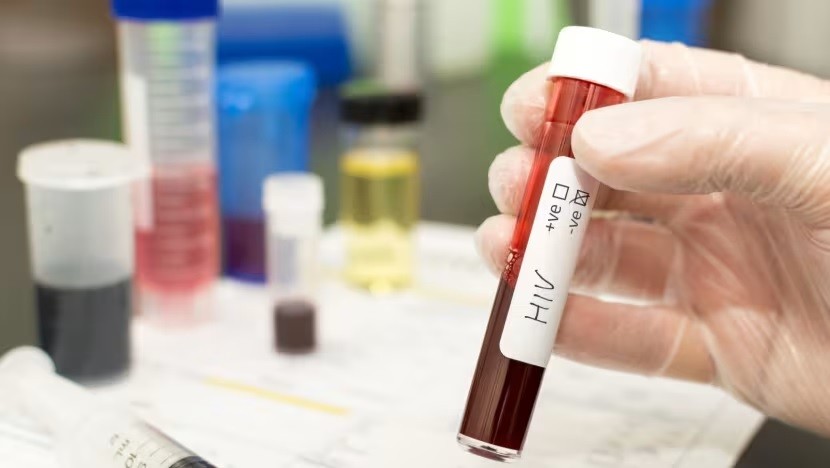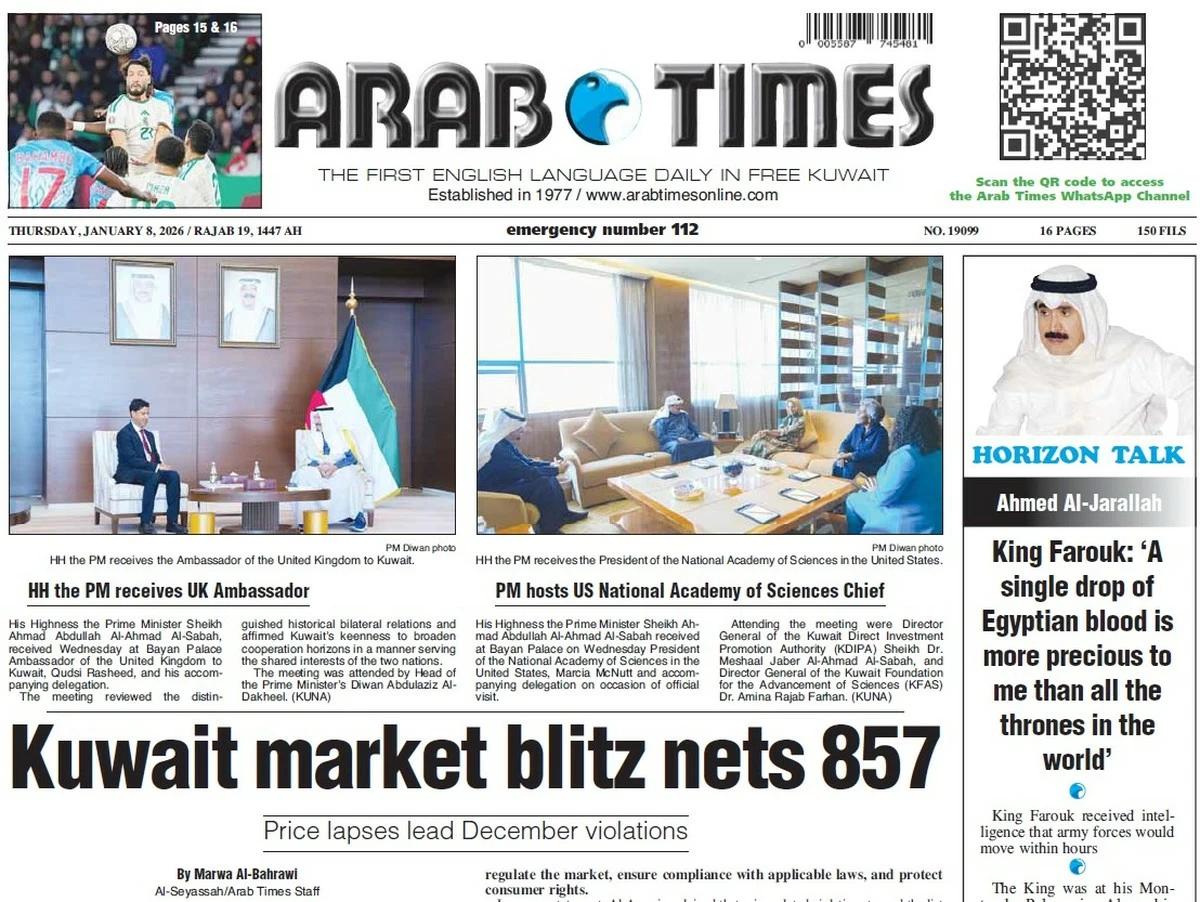23/07/2024
23/07/2024

NEW YORK, July 23: A groundbreaking new drug, described as “the closest we have ever been to an HIV vaccine,” could potentially be priced at just $40 (£31) annually per patient, according to recent research. This cost is a significant reduction from the current annual price of $42,250 for lenacapavir, marketed as Sunlenca by Gilead Sciences.
Lenacapavir, which requires an injection every six months, has demonstrated the ability to both prevent HIV infection and suppress the virus in those already infected. In recent trials conducted in South Africa and Uganda, the drug offered 100% protection to over 5,000 women, as announced by Gilead last month.
Currently, lenacapavir is licensed only for treatment, not prevention. However, a study presented at the 25th International AIDS Conference in Munich on Tuesday estimated that the cost of a generic version could be reduced to $40 annually, assuming mass production and an annual user base of 10 million people. The study suggests that, in the long term, up to 60 million individuals would likely need to use the drug preventively to significantly lower HIV levels.
Dr. Andrew Hill from Liverpool University, who led the research, commented, “You’ve got an injection somebody could have every six months and not get HIV. That’s as close as we’ve ever been to an HIV vaccine.”
Currently, HIV prevention primarily relies on daily pills and barrier methods such as condoms. Campaigners are urging Gilead to facilitate generic licensing through the UN-backed Medicines Patent Pool, which could make the drug more accessible in low- and middle-income countries (LMICs) that account for 95% of global HIV infections. Historically, similar mechanisms have allowed wealthier nations to pay higher prices for treatments while poorer countries benefit from lower costs.
If Gilead does not agree to such licensing, Hill advocates for compulsory licenses to permit generic production in response to public health needs. Gilead has stated that it is “too early” to determine the price for preventive use of lenacapavir, as it awaits further clinical trial data and regulatory reviews. The company has pledged to develop a strategy to ensure broad, sustainable global access, including supplying high-need areas and implementing a voluntary licensing program for high-incidence, resource-limited countries.
Campaigners argue that all LMICs, including upper middle-income nations like Brazil, should have access to affordable generic versions of the drug. Past exclusions of countries with rapidly growing HIV epidemics have been criticized. Hill emphasized the need for universal access, referencing the Helsinki Declaration on medical ethics, which asserts that trials should benefit the populations in which they are conducted.
Joyce Ouma, senior programmes officer at Y+ Global, noted that a biannual injectable would be “transformative” for young people living with or at risk of HIV. “It’s not an exaggeration to say that meeting the 2030 goal of ending new HIV transmissions hinges on Gilead ensuring people in the global south have fair access to lenacapavir,” Ouma said.
UNAIDS Executive Director Winnie Byanyima added that lenacapavir could provide a “life-saving” alternative to daily tablets, offering a more discreet option for those facing stigma due to their HIV status or sexuality.


